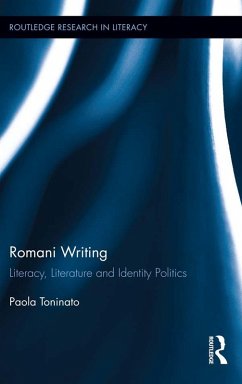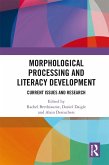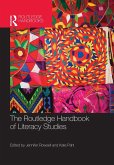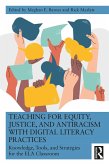The Roma (commonly known as "Gypsies") have largely been depicted in writings and in popular culture as an illiterate group. However, as
Romani Writing shows, the Roma have a deep understanding of literacy and its implications, and use writing for a range of different purposes. While some Romani writers adopt an "oral" use of the written medium, which aims at opposing and deconstructing anti-Gypsy stereotypes, other Romani authors use writing for purposes of identity-building. Writing is for Romani activists and intellectuals a key factor in establishing a shared identity and introducing a common language that transcends linguistic and geographical boundaries between different Romani groups. Romani authors, acting in-between different cultures and communication systems, regard writing as an act of cultural mediation through which they are able to rewrite Gypsy images and negotiate their identity while retaining their ethnic specificity. Indeed,
Romani Writing demonstrates how Romani authors have started to create self-images in which the Roma are no longer portrayed as "objects", but become "subjects" of written representation.
Dieser Download kann aus rechtlichen Gründen nur mit Rechnungsadresse in A, B, BG, CY, CZ, D, DK, EW, E, FIN, F, GR, HR, H, IRL, I, LT, L, LR, M, NL, PL, P, R, S, SLO, SK ausgeliefert werden.









